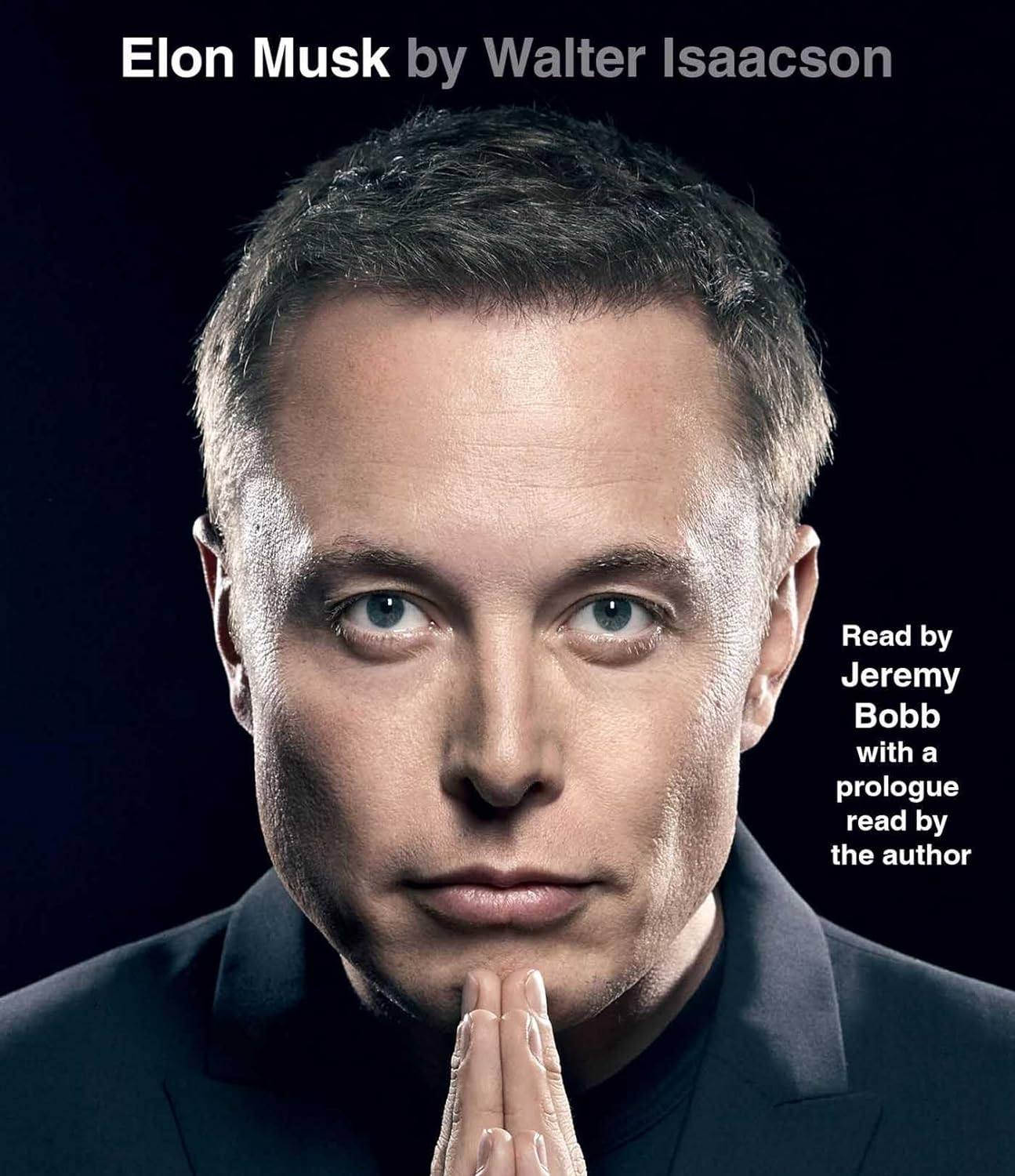
- Post Magazine rounds up 2023’s best books, which explore the line between fact and fiction, inspired by Cambridge Dictionary word of the year, hallucinate
The word of the year 2023, according to the Cambridge Dictionary, is “hallucinate”.
Thanks to artificial intelligence, the verb has evolved beyond the traditional definition in which humans sense things that are not there (from the Latin alucinatus, “to stray in the mind”).
The source of their misinformation? A “hallucinating” ChatGPT chatbot generator.
Our current preoccupation with all things AI has reawakened discussions asking whether computers could write a novel to compare with Ulysses or Harry Potter or even Jeffrey Archer.
AI-generated books have been flooding the online market for years, to such an extent that, in September, Amazon imposed a three-books-a-day limit on self-publishing authors. Three books a day? Even the famously prolific crime writer James Patterson might struggle to keep up with that.
Short story: a Christmas Eve murder mystery in old Shanghai’s Frenchtown
Publishing has been relatively slow, compared to, say, Hollywood, in getting to grips with the legal, financial, ethical and even literary implications of these bot-books. Still, they have been warned.
Take the case of writer Jane Friedman, who discovered a slew of AI-generated texts bearing her name, but not her prose, being flogged on Amazon and Goodreads.
How might these poorly produced “junk books”, as Friedman calls them, affect her reputation? Can she delete them? Does she own them? Does she even own her name any more?
The arguments will doubtless continue to rage. For now, and in honour of Cambridge Dictionary’s Word of the Year 2023, I have compiled my own books of the year using “hallucination” as the theme.
By this, I mean stories that in various ways explore the increasingly fine line between fact and fiction, truth and lies, the authentic and the counterfeit.
Book of the Year
‘Yellowface’, by R.F. Kuang
When readers hundreds of years in the future want to know what hallucinatory 2023 was like, they should reach for Yellowface, by R.F. Kuang (the R stands for Rebecca).
In slightly over 300 pages, this novel depicts (and skewers) most of our zeitgeistiest zeitgeists: celebrity, success, branding, identity politics, social media, cultural appropriation and humanity’s never-ending obsession with keeping it real.
The fact that Kuang is also exuberantly, hilariously entertaining is a huge bonus, and reinforces why Yellowface deserves to be this year’s undisputed literary phenomenon, not to mention its ovations received everywhere from Instagram to Reese Witherspoon’s Book Club.
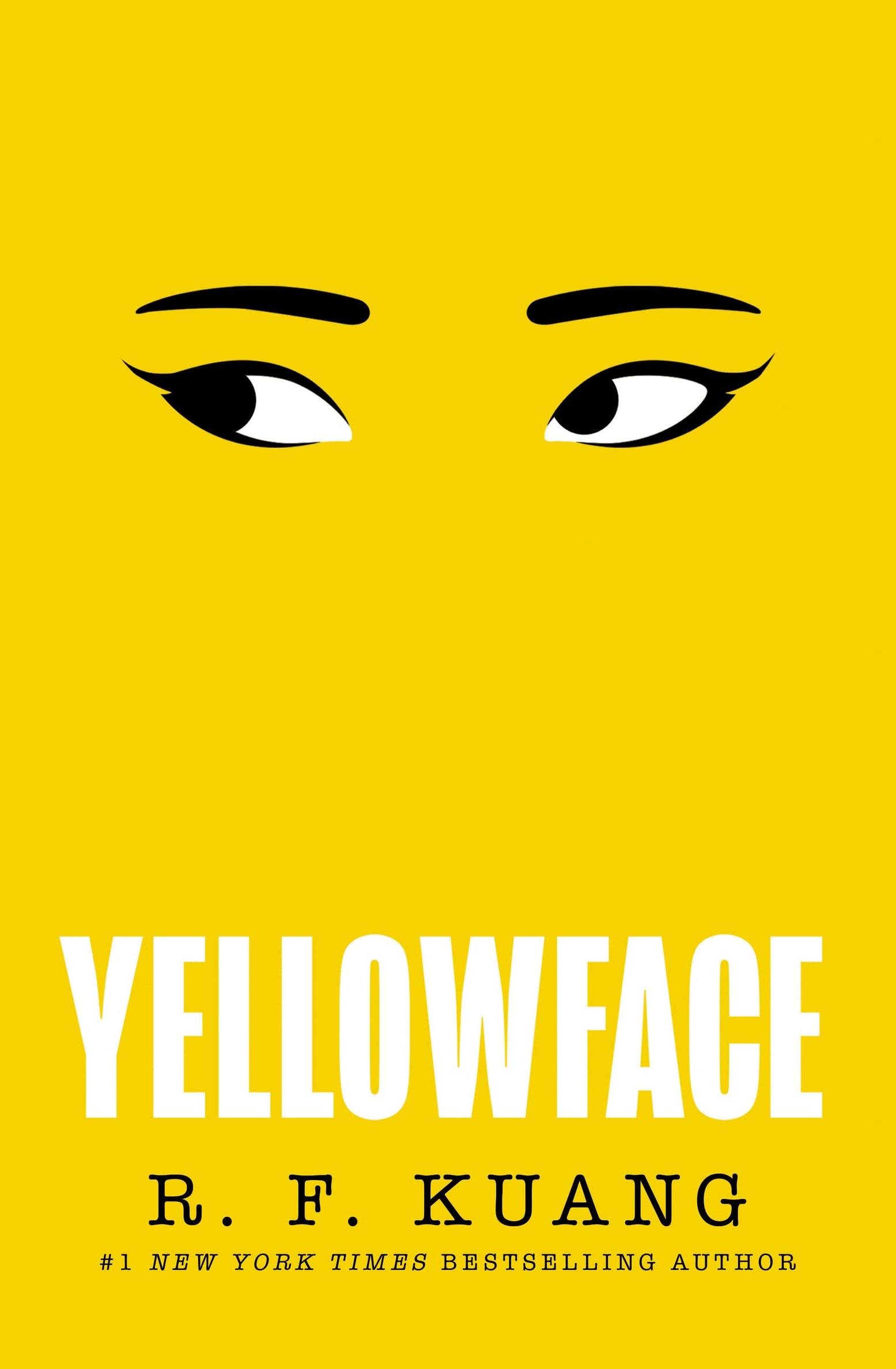
The fun begins with Kuang’s narrative, which cheekily recycles that hoary old plot device about recycling hoary old plot devices: also known as writer steals story from other writer.
In this case, the writers are the infuriatingly perfect Athena Ling En Liu (six-figure advances, critical darling, Netflix series, It-girl looks), and Juniper Hayward, whose last book hardly sold six copies.
Juniper is toasting Athena’s latest triumph when her frenemy dies in a freakish, if funny accident. Juniper is suitably distraught, but not so distraught that she forgets to slip the one and only copy of Athena’s latest (and last) novel into her bag.
Her next trick is to re-cast Athena’s text, about Chinese workers during World War I, into The Last Front, a watered-down, aesthetically tone-deaf pile of populist exploitation.
Not content with purloining Athena’s words, Juniper proceeds to assume her (Asian-American) identity. Helped by an amoral PR firm, she relocates her middle name, Song, into her surname because it sounds more Chinese, and enjoys a racially ambiguous makeover.
Fears of ‘irreversible damage’ to literature as AI wins award for sci-fi novel
Cue massive success, followed by increasing controversy as readers begin to smell a rat.
Juniper is a wonderfully awful creation. A narcissist verging on the sociopathic, she is gloriously and shamelessly oblivious to the ironies raised by her own narration.
Whenever “her” book is criticised, Juniper lays all the faults at Athena’s door. At the same time, her only conception of success is through reference to her dead rival: “I’ve f***ing made it. I’m living Athena’s life.”
Whether Juniper is unaware of her hypocrisy or simply doesn’t care is a question book clubs will be debating for eternity.
Kuang, by contrast, deserves all her plaudits. She has come a long way since I interviewed her for Post Magazine in 2018. Back then she was a promising debut novelist-in-progress: author of The Poppy War, which re-cast Chinese history into a fantasy setting.
Five short years later, she is an international star at just 27 years old.
Hong Kong Book of the Year
‘Bright Fear’, by Mary Jean Chan
This is a year Mary Jean Chan will never forget.
The 33-year-old Hong Kong poet was a judge on one of the world’s foremost literary prizes, the Booker. In between reading the 170 estimated contenders, Chan somehow found time to publish her second book of poetry, Bright Fear, which was itself instantly shortlisted for a major award: the Forward Prize’s Best Collection.
Bright Fear continues the momentum generated by Chan’s debut, Flèche, winner of the 2019 Costa Book Award for poetry. The new volume feels as carefully and as elegantly arranged as any memoir: three sections of 16 poems (plus one postscript) that roam fluidly back and forth in time and place.
Early works, which explore Chan’s experience of the pandemic in Britain (Bright Fear (1), London 2020), trigger memories of surviving Sars in Hong Kong two decades earlier (Hong Kong 2003).
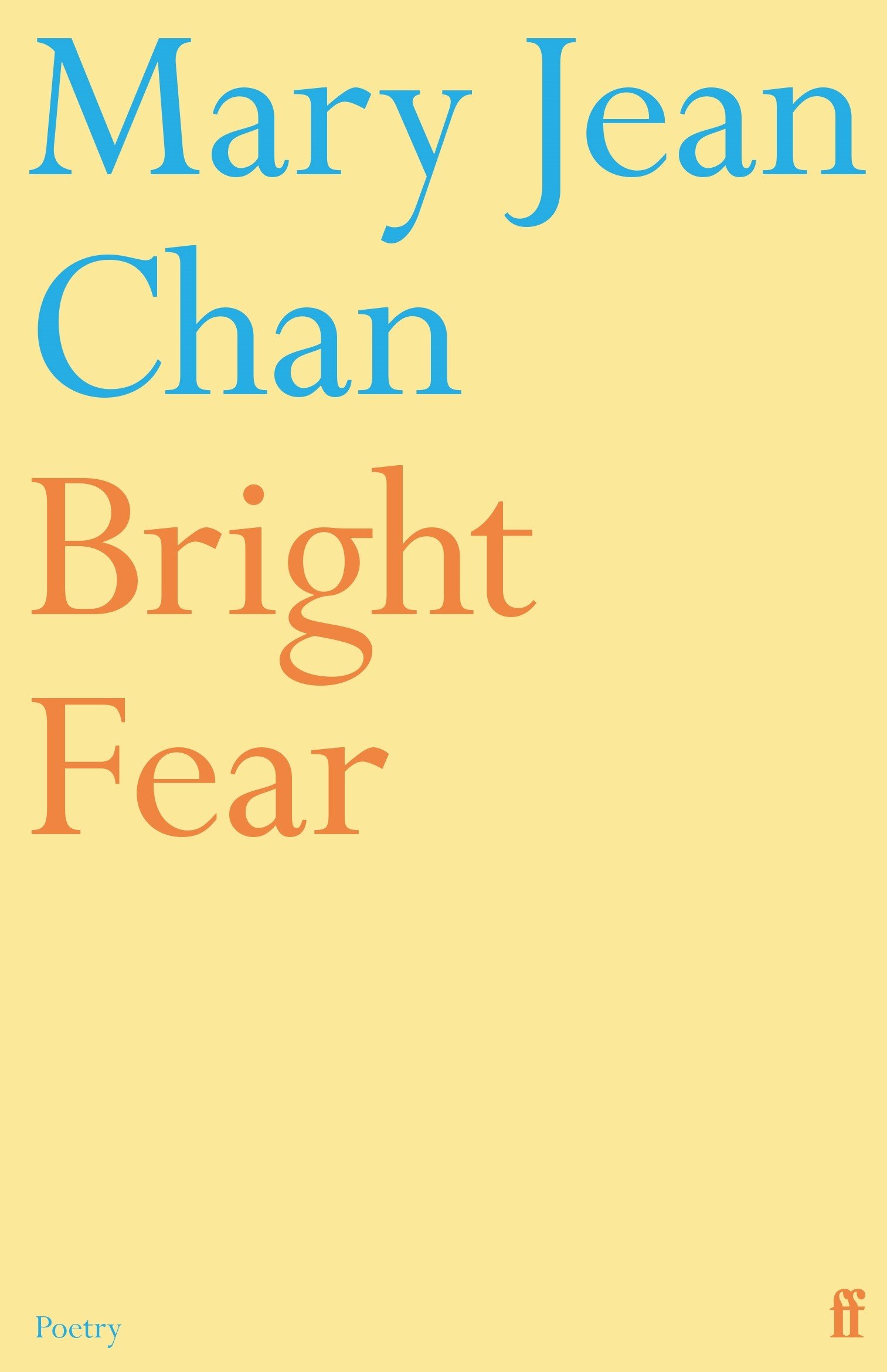
There are any number of enticing themes to explore in Bright Fear. If I had to pick one, it would be Chan’s restless quest to find her place in the world.
This is no small feat for someone who never seems exactly comfortable in their own skin: “When I was young, I realised my body was something to be held back or kept in its place,” she writes in Ars Poetica II. This essential feeling of isolation is complicated by fraught family dynamics.
In Love for the Living, Chan asks herself, “What does it mean to want to live?” Her answers include “Refuse to be a bomb shelter for your mother’s fears”.
Other disorienting factors include Chan’s decision to leave her birthplace and live first in the United States and later England, where, she reminds us, “A young man from Singapore was beaten for wearing a mask.”
Any notion of home is, inevitably, a vexed one for Chan. When she revisits Hong Kong in After Twenty-One Days in Hotel Quarantine, her return is both a liberation (“I am elated to be free,” Chan writes) and another form of confinement: “I feel engulfed by the surrounding/sea, by which I mean, my own life.”
Backed by Netflix and Gemma Chan, can Thai author open the door for others?
The most obvious antidote to all this shame, anxiety and loneliness is love. While this is sometimes romantic and occasionally parental, Chan’s most enduring partner is poetry itself. “I fell in love with poetry, those lessons I sucked like foreign sweets” (Sestina).
The adoration is not all one way. Chan may mock the linguistic clarity for which she is so regularly praised (Ars Poetica VIII), but throughout Bright Fear as a whole this same accessibility suggests her urgent desire for intimate connection – for authentic self-expression, for a place she can truly call her own.
I’ll leave the last words to Chan: “Years later, I left home for the poem: inscrutable house, constructed space, blue room, how the poets have named a heaven in which lonely meanings sit companionably beside lonely children.” (Ars Poetica VIII).
Non-Fiction Book of the Year
‘The Wager: A Tale of Shipwreck, Mutiny and Murder’, by David Grann
It is a book-reviewing cliché: the highest compliment you can pay a work of non-fiction is saying it reads like a novel. In the case of The Wager, by The New Yorker journalist David Grann, such a description is both richly deserved and profoundly apt.
The historical events at the heart of his book have already inspired adventure stories by some of literature’s greatest novelists: Herman Melville, William Golding and Patrick O’Brian.
Grann’s title alludes to HMS Wager, a smallish warship in the British Royal Navy. In 1740, the Wager set sail from England, accompanied by six other ships, bound for the coast of Chile.
If all went to plan, the compact fleet would intercept a Spanish galleon nicknamed “the prize of all oceans” for its cargo of unparalleled treasures. As it turns out, nothing went to plan.
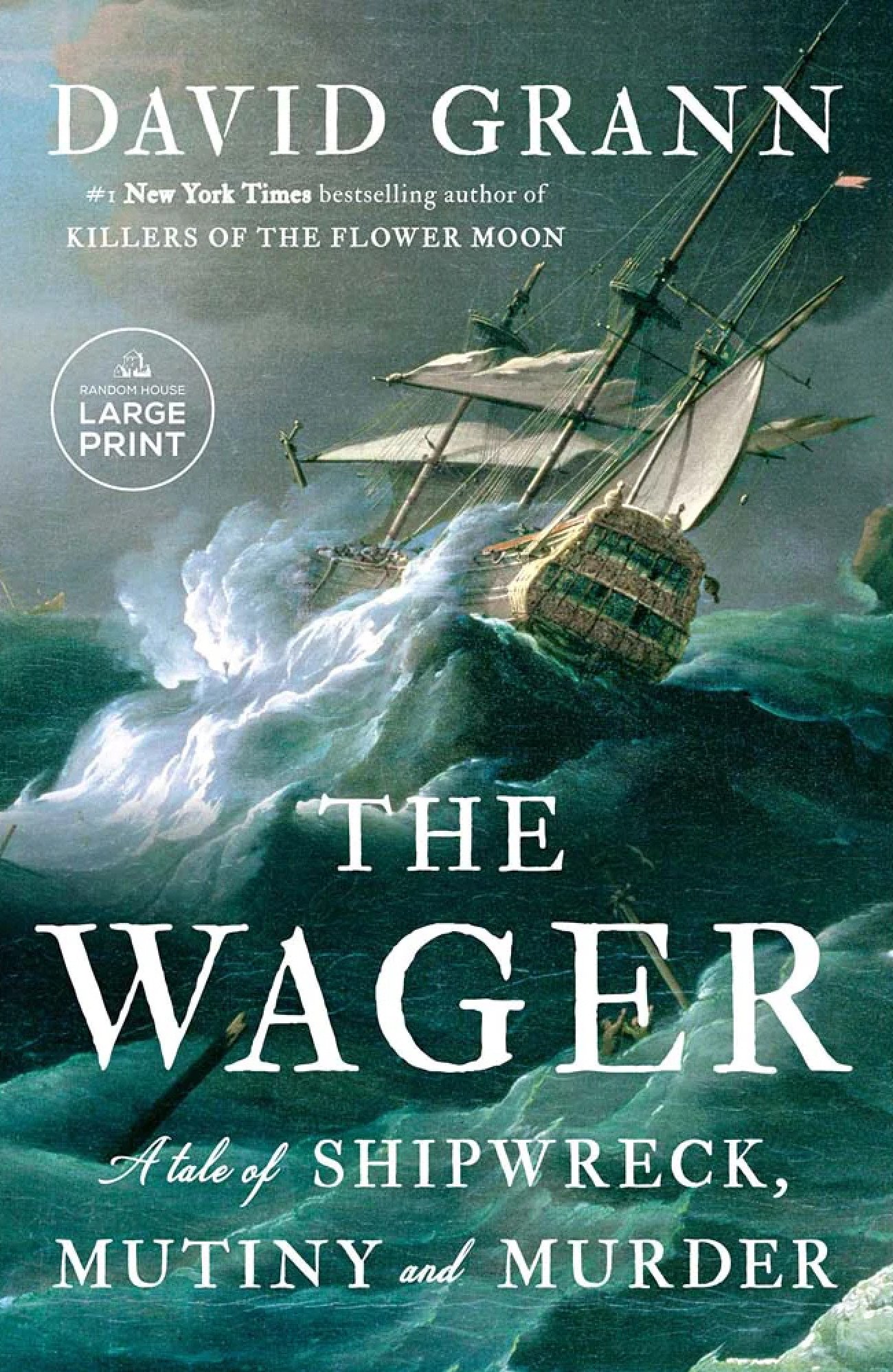
The Wager was in serious trouble long before it reached Cape Horn. The only ship to cross the Atlantic in one piece, its crew was nevertheless decimated by a typhus outbreak that killed 160 of the 250 sailors.
Even fully fit, the 90 survivors would not have stood a chance against the storms that lashed Cape Horn. The Wager and its remaining crew were shipwrecked on a deserted island off the coast of Patagonia.
Nine months later, in January 1742, 29 survivors reappeared, more dead than alive, some 4,000km (2,500 miles) away in Brazil. The story they told about their experiences made them heroes when, after yet more delays (and deaths), a small group returned to England.
At about this point, Grann delivers the twist in the tale. A second, even smaller group of sailors washed up in Chile. Just three in number, they told quite a different story about the deserted island: one involving mutiny, violence and murder.
The pirates who dressed as passengers to hijack and plunder Hong Kong ships
Grann is an expert yarn spinner, whetting appetites with atmospheric accounts of storms, graphic renderings of the suffering on board and sharp portraits of the main antagonists: the aristocratic Captain David Cheap and John Bulkeley, a resourceful, charismatic gunner who challenges Cheap’s authority to lead the castaways to safety.
Lord Byron’s grandfather, John, plays a supporting role as a 16-year-old midshipman.
The dramatic coup de grâce arrives in 1746, when Cheap, Bulkeley and their competing stories go head-to-head at a court martial, which lays their very lives on the line.
For Grann, the trial isn’t a test of innocence or guilt (no one on the Wager can claim innocence), so much as an investigation of truth in various forms. Who can be trusted to tell this tale? Can readers in 2023 ever truly know what really happened on that island?
Grann links these questions, without overstating the point, to wider issues of colonial rapaciousness, individual immorality and a human’s desire to survive. It reads far better than a novel.
Biographies of the Year
‘Spare’ and ‘Elon Musk’
This year was bookended by two overhyped biographies about two overhyped celebrities by two (or at the very least one) overhyped biographers. In seeking to exalt, justify and possibly exonerate their subjects, these books are minor masterpieces of 21st century “hallucination”, fusing and confusing fact with fiction as well as the best AI chatbot.
In January, you couldn’t turn on a screen that didn’t feature Spare, by Prince Harry, the nom de plume of Harry, Duke of Sussex, which is also the nom de plume of American ghostwriter and journalist J.R. Moehringer.
Prince Harry awarded US$154,000 in phone hacking claim against Mirror Group
Spare created headlines like few other books in living memory. Some were suitably sensationalist: gleeful accounts of Cain and Abel fisticuffs between Prince “Willy” and Prince “Harold”, as Harry names them.
Even more words were used trying to unpick the mass of gaps, contradictions and “hallucinations” in the prose. How many people has Harry killed exactly? Did (King) Charles really refuse to comfort his son while informing him Princess Diana had died? Is it true that Harry has never ordered anything on Amazon? Did Princess Margaret really give him a biro for Christmas? Is life really so tough when you’re a millionaire ex-heir to the throne?
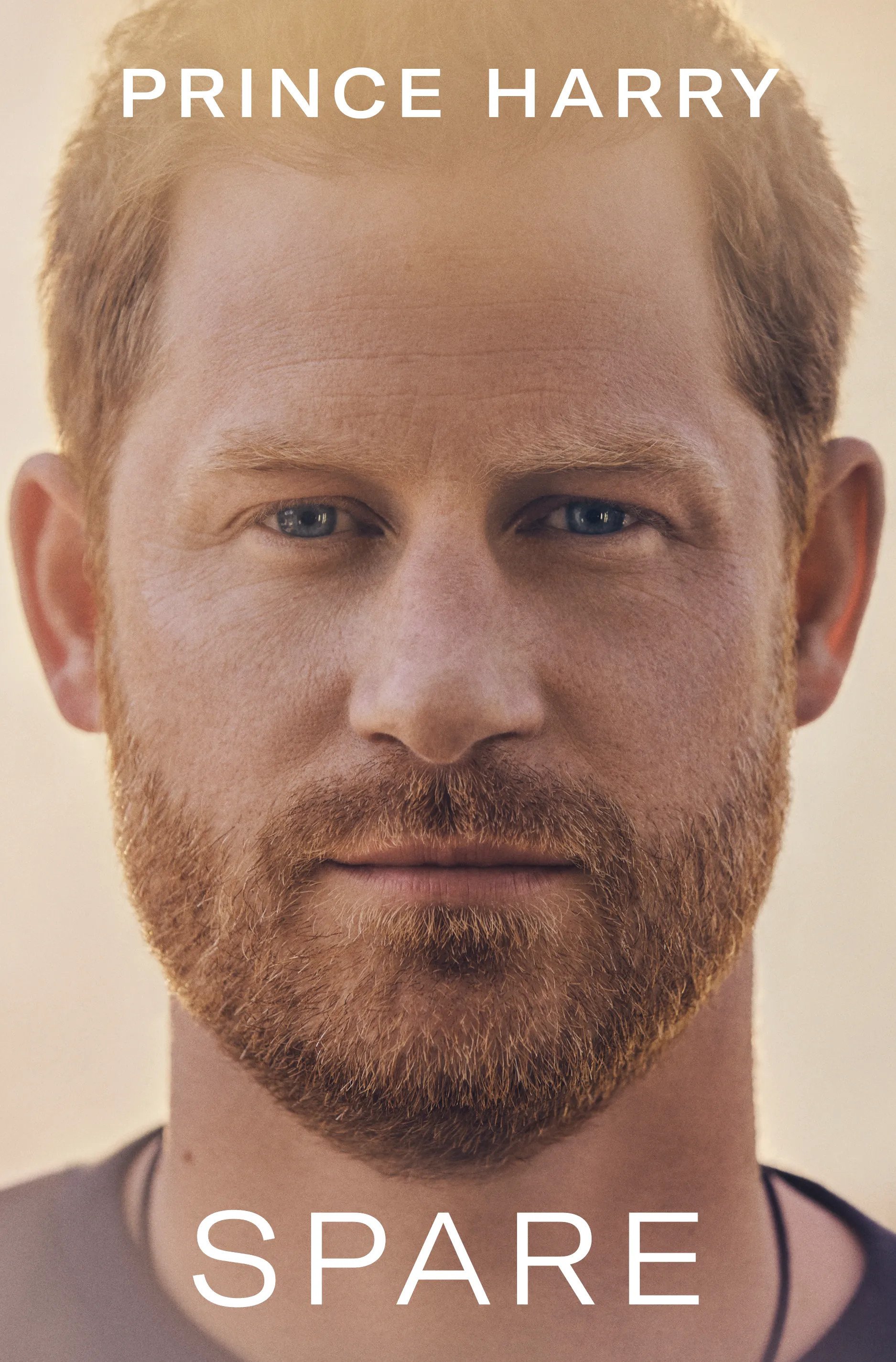
Similar puzzles, by turns large but mainly trivial, proliferate in the other overhyped biography of 2023: Elon Musk, by Walter Isaacson.
Did Musk really save the world (or at least Vladimir Putin) by unplugging his own private satellite internet constellation? How much financial assistance has Tesla received from governmental agencies (and does it deserve them)? How many Musk children are there now?
Unlike Spare, Elon Musk was written by a bona fide big-deal biographer: Walter Isaacson. Perhaps Musk is simply busier than Prince Harold. Perhaps he wants to be included in the next “genius” box set of Isaacson alongside legends Albert Einstein, Benjamin Franklin, Leonardo da Vinci, and the more recent Steve Jobs.
For his pains, Isaacson was granted two years of interviews, meetings, factory tours and, presumably, mountains of cash.
Judge orders Prince Harry to pay UK newspaper legal fees in libel case
Despite this painstaking research, Isaacson’s book feels more fictional than human. This may be because Musk’s concept of empathy is limited to say the least. Or because his management style seems largely modelled on The Terminator. Who needs a work-life balance when you can have a work-work balance?
To give him credit, Musk seems perfectly content to embrace the more fantastic aspects of his character. Where Prince Harry pontificates endlessly about living his truth and being transparent (so that he can heal the Royal Family, you understand, not slag them off), Musk plays up his theatrical side: “As Shakespeare teaches us, all heroes have flaws, some tragic, some conquered, and those we cast as villains can be complex.”
Isaacson for one is in agreement, naming his prologue “Muse of Fire” after a line in Henry V.
For what it is worth, Musk feels more Biblical than Shakespearean. A kind of techno-Noah steering a rechargeable, battery-powered ark that will transport humanity off Planet Earth, up, up and away to Mars.
Children’s Book of the Year
‘A Dragon Realm Adventure’, by Katie & Kevin Tsang
These days, whenever I wonder what was going on in any particular year, I often remember by thinking what my daughter (now nine) was reading.
Last year, 2022, for example, was the year of Warrior Cats. The year before was witches (The Worst Witch on the whole). As for 2023, that has all been about the dragons.
First came Wings of Fire, by Warrior Cats alumna Tui T. Sutherland. Now my daughter’s nose is firmly buried in Katie and Kevin Tsang’s Dragon Realm, the last episode of which was chosen for 2023’s World Book Day.
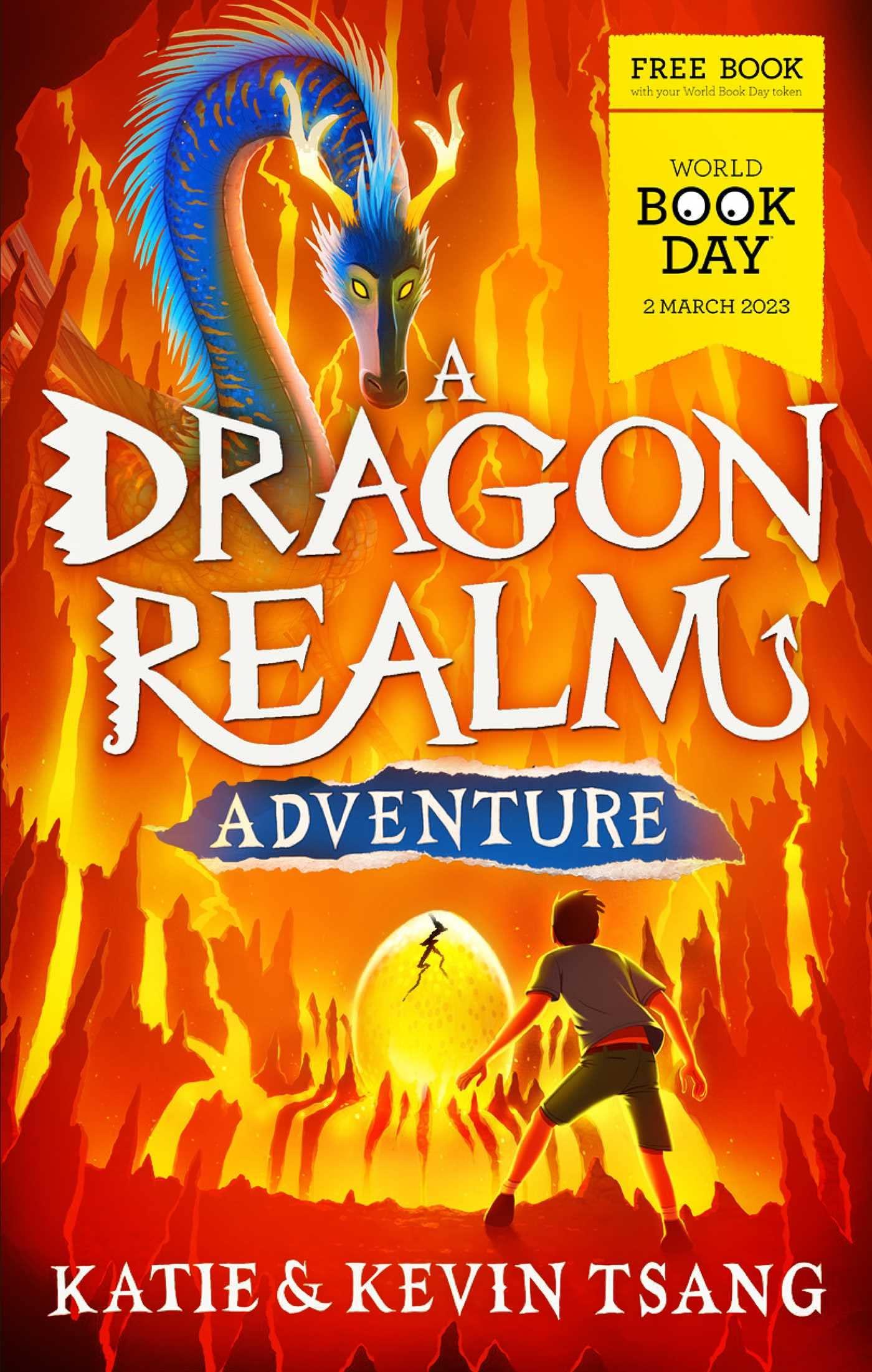
A husband-and-wife writing team, the Tsangs met while studying at the Chinese University of Hong Kong. After travelling the world (visiting more than 40 countries together), they settled in London and began their literary careers, whether solo or as a couple.
Their first collaboration, Sam Wu is Not Afraid of Ghosts (2018), was partly inspired by Kevin’s childhood in America, and partly by his desire to see more characters from Asian backgrounds represented in children’s books.
In 2020, Sam was succeeded by Billy Chan, hero of the Dragon Realm books. Blessed with great hair and sharp surfing skills, Billy is nevertheless nervous when he arrives all alone “somewhere in the middle-of-nowhere China”.
They ‘should be ashamed’: why critics hate new changes to Roald Dahl books
After a few teething problems (with Mandarin vocabulary, bone-rattling local transport and local monkeys), Billy makes three friends, Dylan, Charlotte and Ling-Fei and finds his feet at Camp Dragon. The name, it turns out, is no accident.
Billy and Co find a quartet of warrior dragons (Spark, Tank, Buttons and Xing) imprisoned in the nearby mountain by the wicked Dragon of Death.
The series is a vibrant blend of Chinese mythology, exciting quests (for magic pearls, dragon cities, hidden realms) and our utterly likeable central characters.
Sadly, part five published in February this year brings the series to a fitting conclusion. At least Billy goes out with a bang, as he tries to find a magical dragon egg.
Best of the rest – Fiction
I can’t bid 2023 farewell without mentioning one or two other books that have brightened the past 12 months.
In terms of fiction, I adored Jesse Q. Sutanto’s cosy crime novel Vera Wong’s Unsolicited Advice for Murderers. Having a dead body in her tea shop, 60-year-old Vera realises that years of prying into her son’s love life is the ideal training for an amateur sleuth.
Light, funny and gently moving, Sutanto’s first mystery will appeal to fans of The No. 1 Ladies’ Detective Agency and Richard Osman’s The Thursday Murder Club.

In more serious vein, Yiyun Li’s new story collection, Wednesday’s Child, only enhances her status as one of the world’s finest writers. These 11 tales, largely featuring Chinese immigrants in America, are packed with unforgettable characters: my personal favourite is mega-nannie Auntie Mei from “A Sheltered Woman”.
Finally, I was bowled over by two startling books written by two startling young Chinese writers.
Jade Song’s Chlorine twists the age-old fairy-tale mermaid into a disquieting modern fable about ambition, acceptance and adolescence, seasoned with a thick dose of body horror.
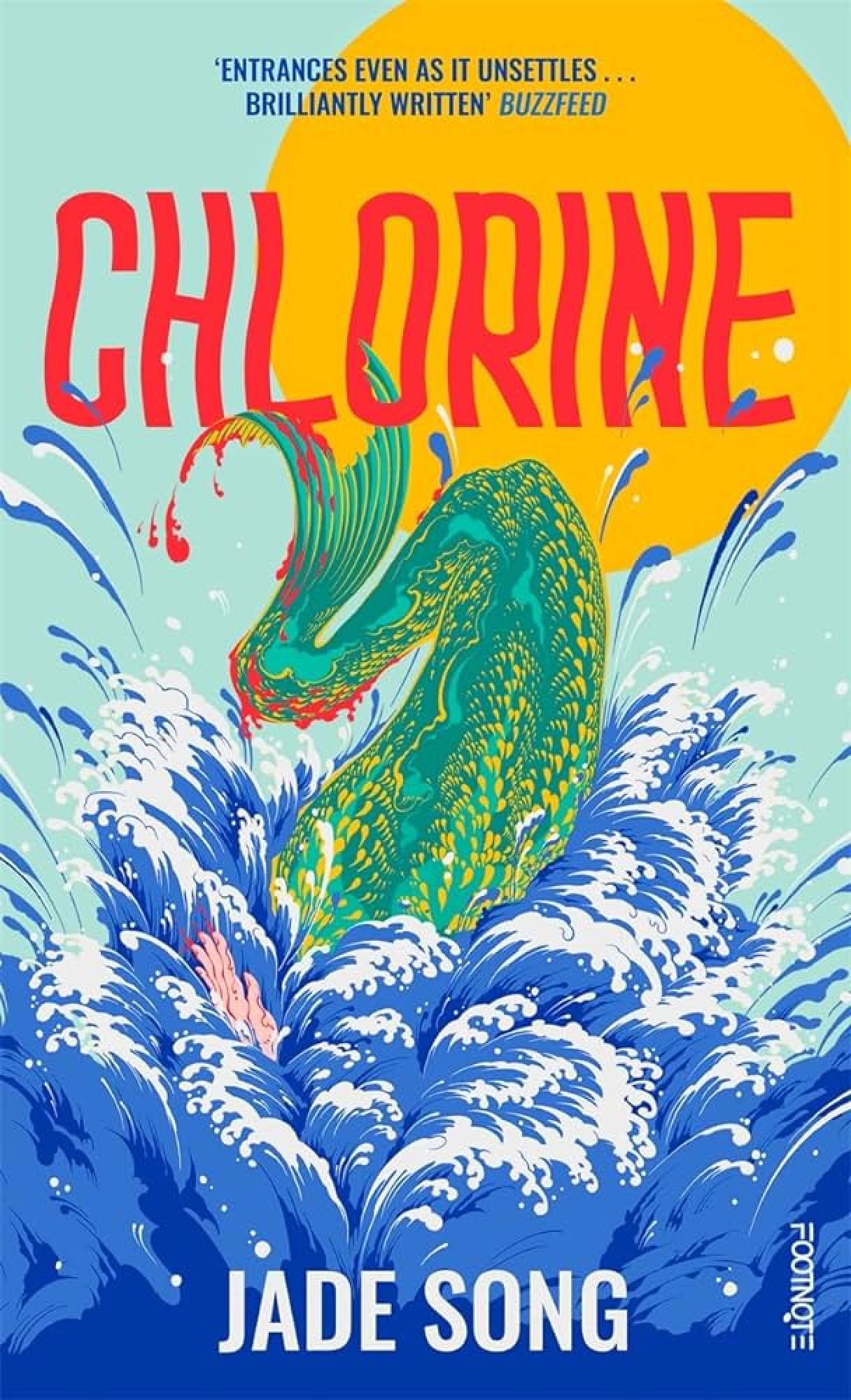
A similarly carnal mood infects the nine stories of Elsewhere, the first English-language work by highly acclaimed Yan Ge. Cannibalism, poetry, Confucius, language, travel and death are just a few of the subjects that whirl through these memorably intense tales.
Best of the rest – Non-fiction
Back in 2019, I loved Chinglish, Sue Cheung’s grimly hilarious, semi-autobiographical novel about growing up above a Chinese takeaway in England. Angela Hui’s memoir Takeaway covers similar territory only without the veneer of fiction to protect her.
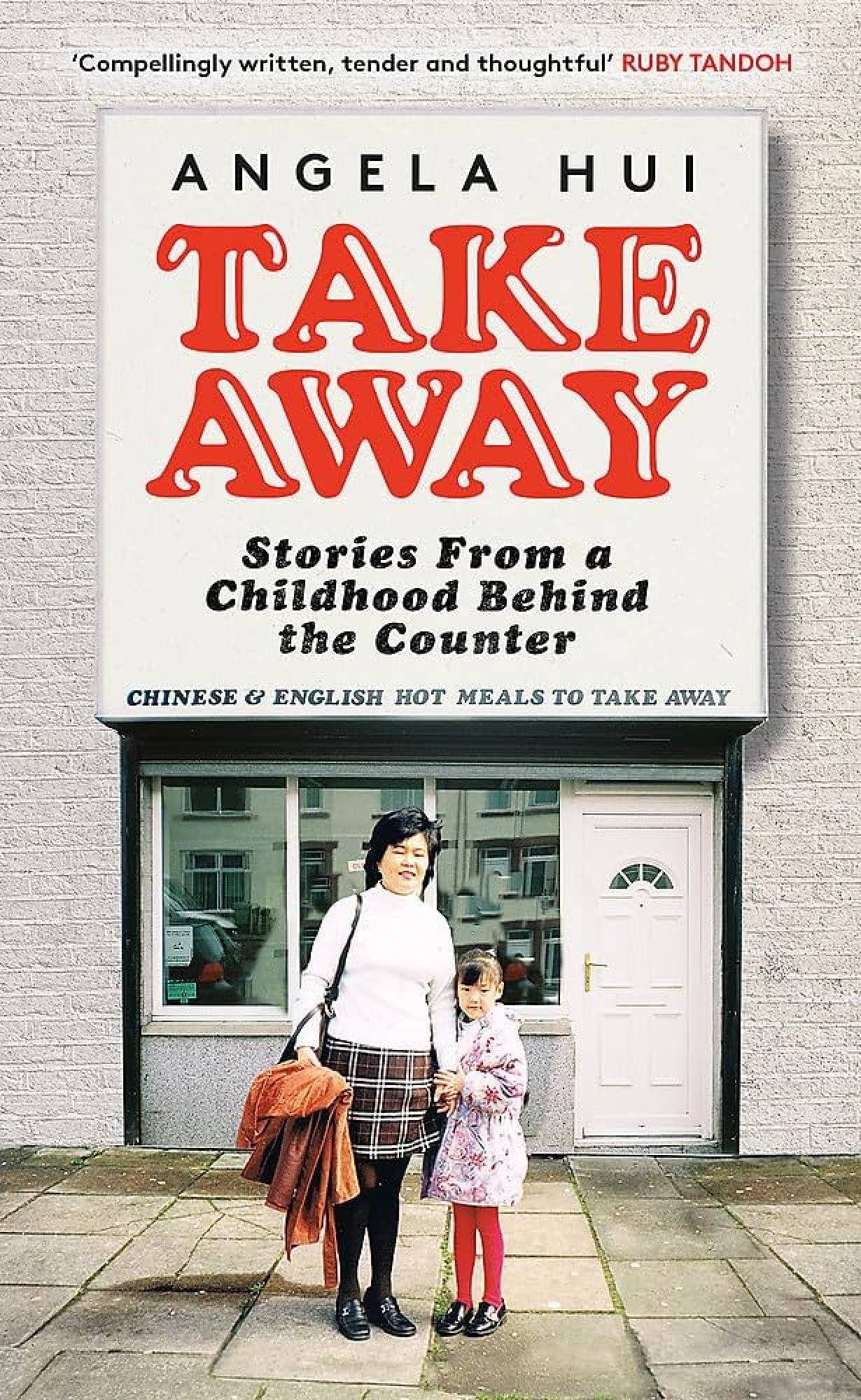
Whether she is recalling racist attacks on the shop (in the Welsh countryside) or childhood visits to Hong Kong, Hui writes with charm, candour and impressive emotional intelligence.

